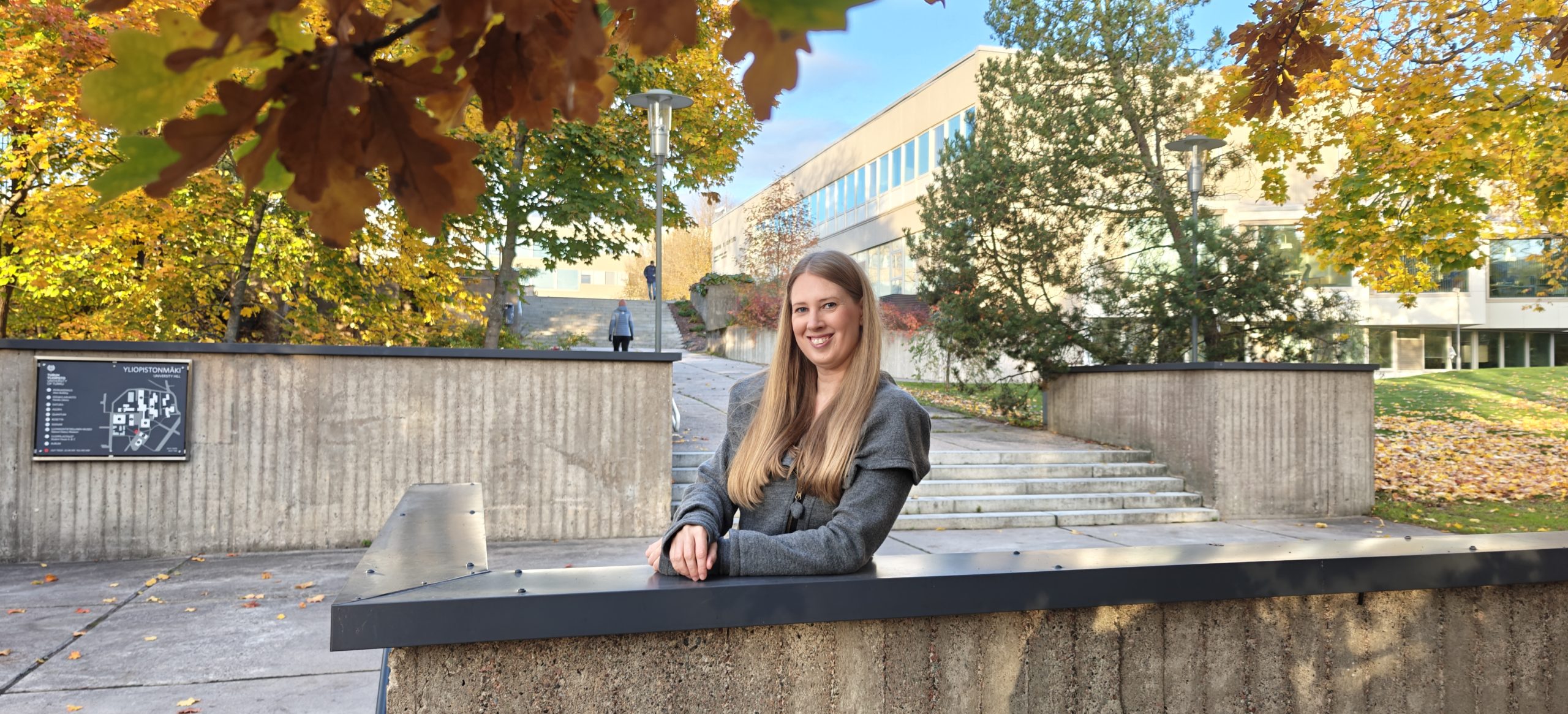Digital Architect
As a digital architect, my job is to advance the university’s digitalisation.
The ways I do this vary widely. I act as the preparer for the university’s Digitalisation Steering Group and the UTU AI groups, and I coordinate the implementation of the university’s Digitalisation Programme based on the strategy using the DOT operating model. I lead strategic projects: currently, my top priority is a process automation project, but I’m also conducting a study related to the risk management tools. I serve as an internal coach for the digital services management team and as a sparring partner for the digital director in the strategic development of digital services. Additionally, I promote collaboration between faculties and digital services. I publish a blog (digiblogi, in Finnish) through which I increase transparency regarding how digital development projects are carried out at the university.
Beyond my own development responsibilities, I also participate in other development work around the university, such as promoting the Information Management Act and AI Act at the university, and the development of digital service processes. In the future, when time allows, tasks on my agenda include developing the digital service architecture, clarifying digital service production processes and services, and promoting the development of digital skills among the university community. Alongside all this development work, I strive to keep up to date with new technologies and changes in our digital environment and society so that we can anticipate and respond proactively to changes and their impact on the university.
My personal agenda also includes streamlining university operational processes, enhancing collaboration, and improving the wellbeing of university members within the scope of my influence.
If my name sounds familiar, it might be from my work in these roles:
- Coordinating the building of the Digitalisation Programme and launching the DOT operating model
- Serving as a digital services faculty partner (tiku) at the Faculty of Technology, Faculty of Science, and Faculty of Humanities
- Acting as technical project manager for the procurement and implementation of the partnership management system (CRM)
- Operational contact person and other roles during the initiation phase of the Digivisio project
- Member of the Accessibility working group
- Project manager for the procurement and implementation of electronic signatures (UTUsign) and remote identification systems
- Technical project manager for the university website renewal project
- Project manager for the implementation of identity management and single sign-on systems along with various related development tasks
I also occasionally give presentations on relevant and timely topics. For example, I have spoken at universities’ IT Days about drafting and implementing the Digitalisatin Programme, agile project management, and lectured in Denmark about electronic remote identification. Digital development projects have also taken me to brief the university’s management team, the co-operation committee, faculties, and prepare materials for the university Board’s AI evening school. I am happy to exchange ideas on digital development topics and assist in their advancement!
Over the years, I have gained particular expertise in the following areas:
- Strategic leadership of digitalization and change
- Agile methodologies and SAFe
- Service design
- Procurement, tendering, and implementation of digital systems
- Identity and access management (IAM)
In my free time, you’ll often find me reading books on psychology, sociology, and leadership of people. I also draw inspiration for my work from my hobbies in theatre and music. And maybe even dancing too! 🙂
Contact
Meet me on campus! My workspace is at Educarium, but you can also often find me at Arcanum’s Helpdesk. Send me a message, and I’ll come to the door to meet you 🙂
You can also reach me at:
elina.toivanen@utu.fi
Phone: +358 40 593 3513
Or send me a message on the university’s Teams!
You can also find work-related content on my social media channels:
Bluesky (elinatoivanen) and LinkedIn
